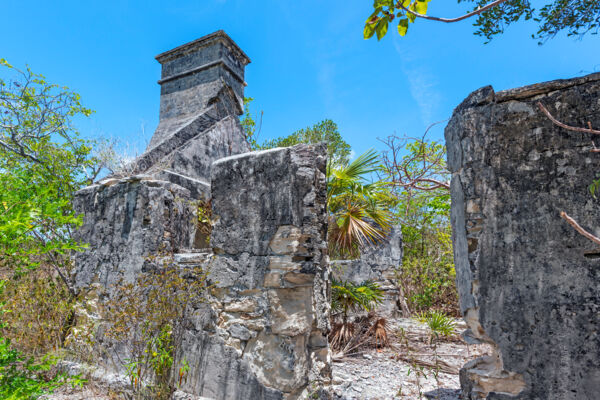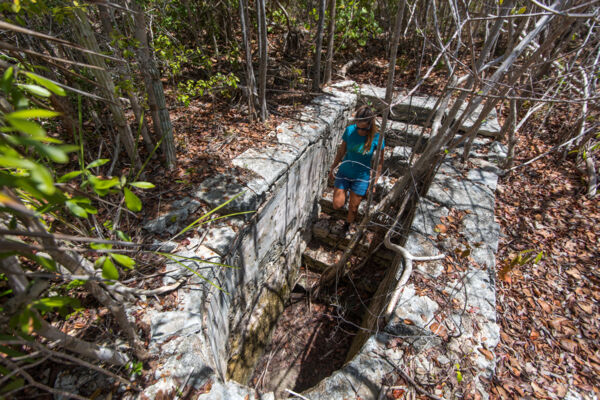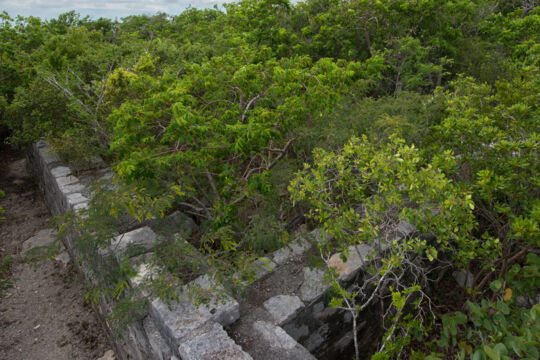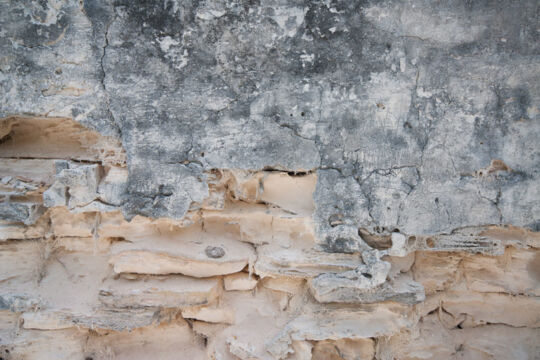Haulover Plantation
Middle Caicos
Haulover Plantation is found two miles (3.2 km) north down a dusty road from the tiny settlement of Lorimers on Middle Caicos. Founded by British military doctor John Lorimer on April 23, 1791, this plantation mainly produced cotton, but also carried out agricultural experiments with sisal.
The original land granted to Dr. John Lorimer, which became Haulover Plantation, was 504 acres (204 hectares). The plantation was expanded when it was taken over by Wade Stubbs of Wade's Green Plantation at the time of Dr. John Lorimer’s death in 1807.
The eastern side of Middle Caicos where Haulover Plantation is located was the center of the cotton industry in the Turks and Caicos, and the area was initially quite successful.
A variety of cotton referred to as sea island cotton was the crop of choice. This plant was introduced to the archipelago by the Taíno indigenous people who inhabited the islands before the arrival of Christopher Columbus.
By the mid-1800s, boll weevil infestations and soil depletion put an end to the boom days of the crop.
Today, only field walls, partial buildings, an interesting open well, and (most prominently) the kitchen remain of Haulover Plantation. There’s not as much to see at this plantation compared to Wade's Green Plantation on North Caicos, but it’s worth a visit for the adventurer or history buff.
Getting to Haulover Plantation
Haulover Plantation is located quite a distance away from the other attractions and settlements on Middle Caicos, so be sure to bring plenty of drinking water. The closest shop is miles away.
To get to Haulover Plantation, follow the paved road from the village of Bambarra towards Lorimers. Turn left onto the unpaved road directly before the village of Lorimers and continue for about 1.8 miles (2.9 km). A small sign and the start of the walking path will be on your left. There is a 1,500-foot (457 m) unpaved walking path that leads from the road through the bushy vegetation to the main plantation ruins.



